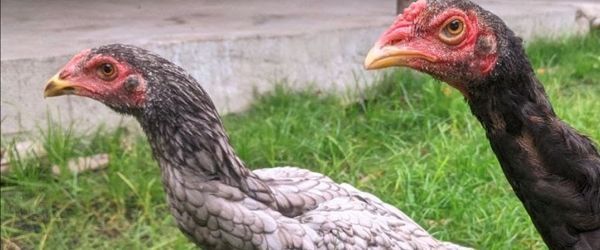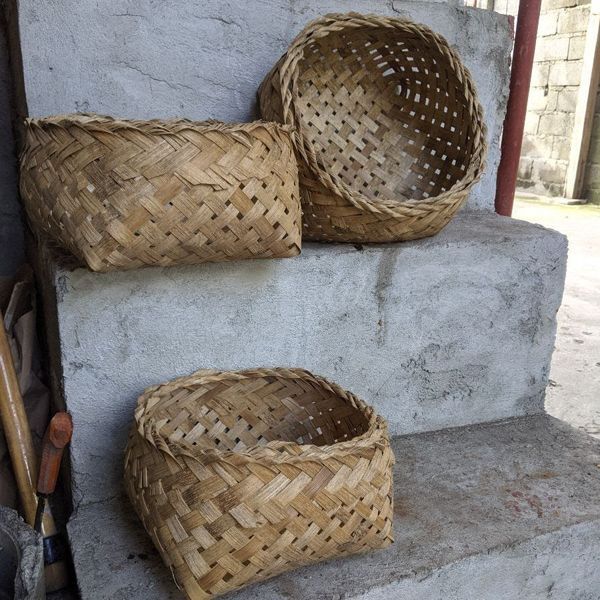
Which came first: The chicken or the egg box?
J&L moved about a year ago to Southeast Asia, initially to a large city for language school and now to a rural community where they will form relationships through agriculture development. As this story shows, they are still getting accustomed to the culture, but God is at work even as they adjust.
We have a bookshelf. It has square compartments, and we thought having some baskets would help us hide some smaller items, as well as bring some aesthetic design to our living room. I knew just the basket! I had seen some hanging in a hardware store off the main highway. The square design is not common to baskets here and the natural bamboo color would complement our wood furniture.
I purchased three.

On my walk home, a local vendor spotted me as he was driving by in his taxi. I pass his food stand every day on my way to the market, and I occasionally stop to buy eggs and practice language. Only the day before, I had been praying that God would give me good connections with local men here in the community, so of course I accepted when he offered to give me a ride home.
As we traveled along, he asked if I was starting an egg farm. An egg farm? Slowly I realized that the beautiful square baskets I was bringing home to my wife for household decoration were meant as nesting boxes for brooding hens!
While I am diligent to practice my language with anyone who will listen, I still have much to learn. In the ensuing conversation, I did my best to explain that I had meant the baskets to be used as décor in our home, but the initial impression stuck.
Before I realized what was happening, he took a detour to his own house where he happily gifted me with two beautiful chickens! The young hen and rooster were to be the parents in my new egg farm. Knowing it would be inappropriate to refuse, I graciously accepted his expression of generosity and friendship.
To my wife’s surprise, I returned from the hardware store with 3 baskets, 2 live chickens, and a new friend. Misunderstandings are a normal part of learning a culture and a language, and God is bigger than our blunders!
Additional Posts





